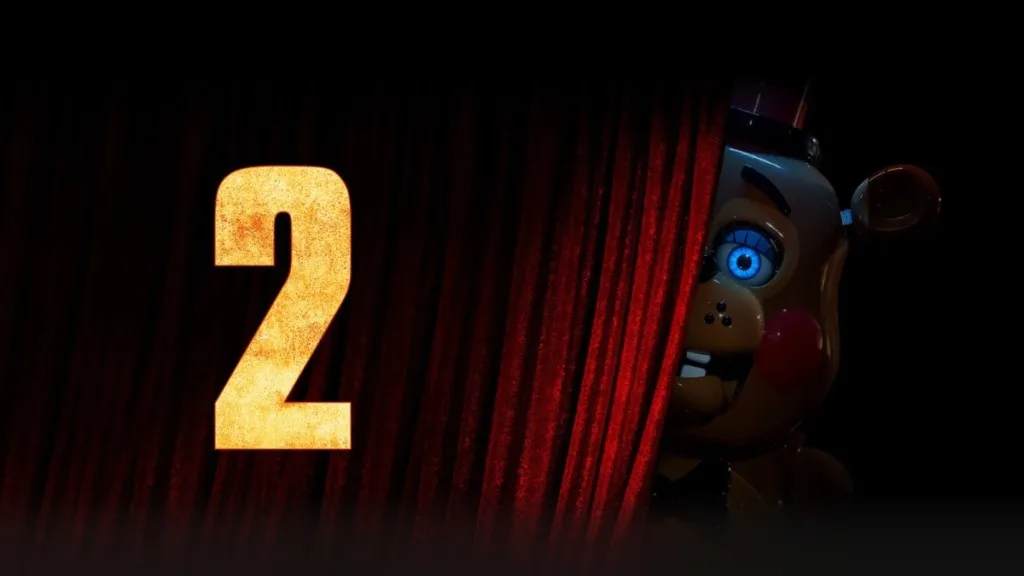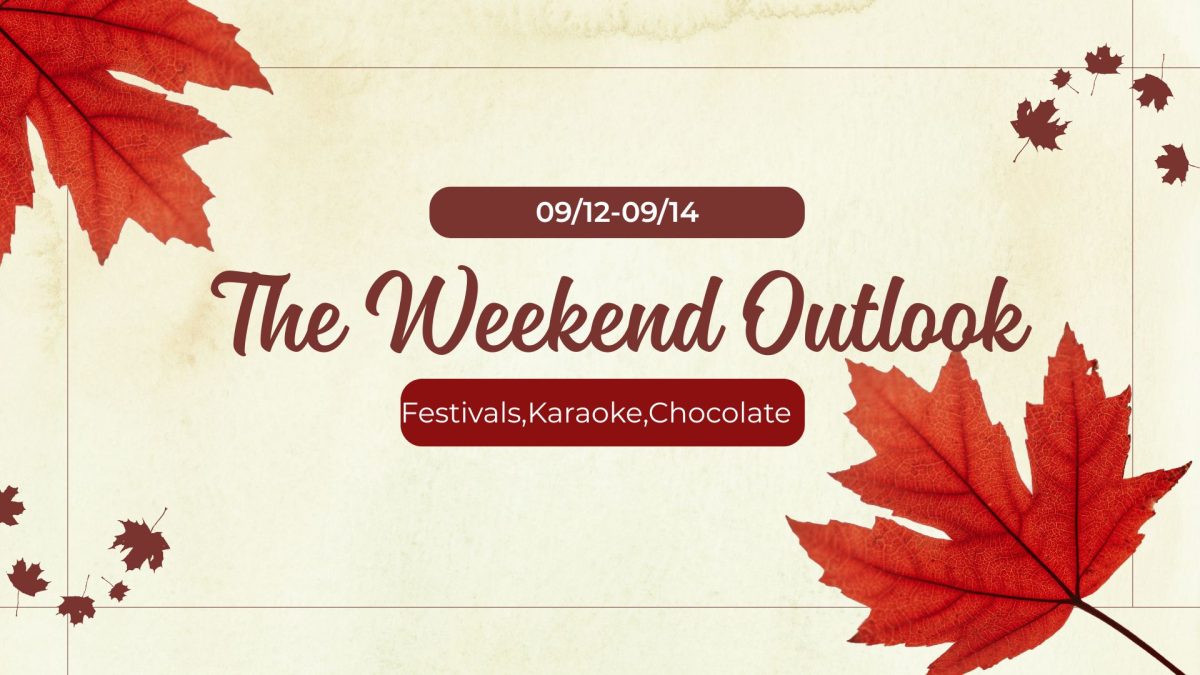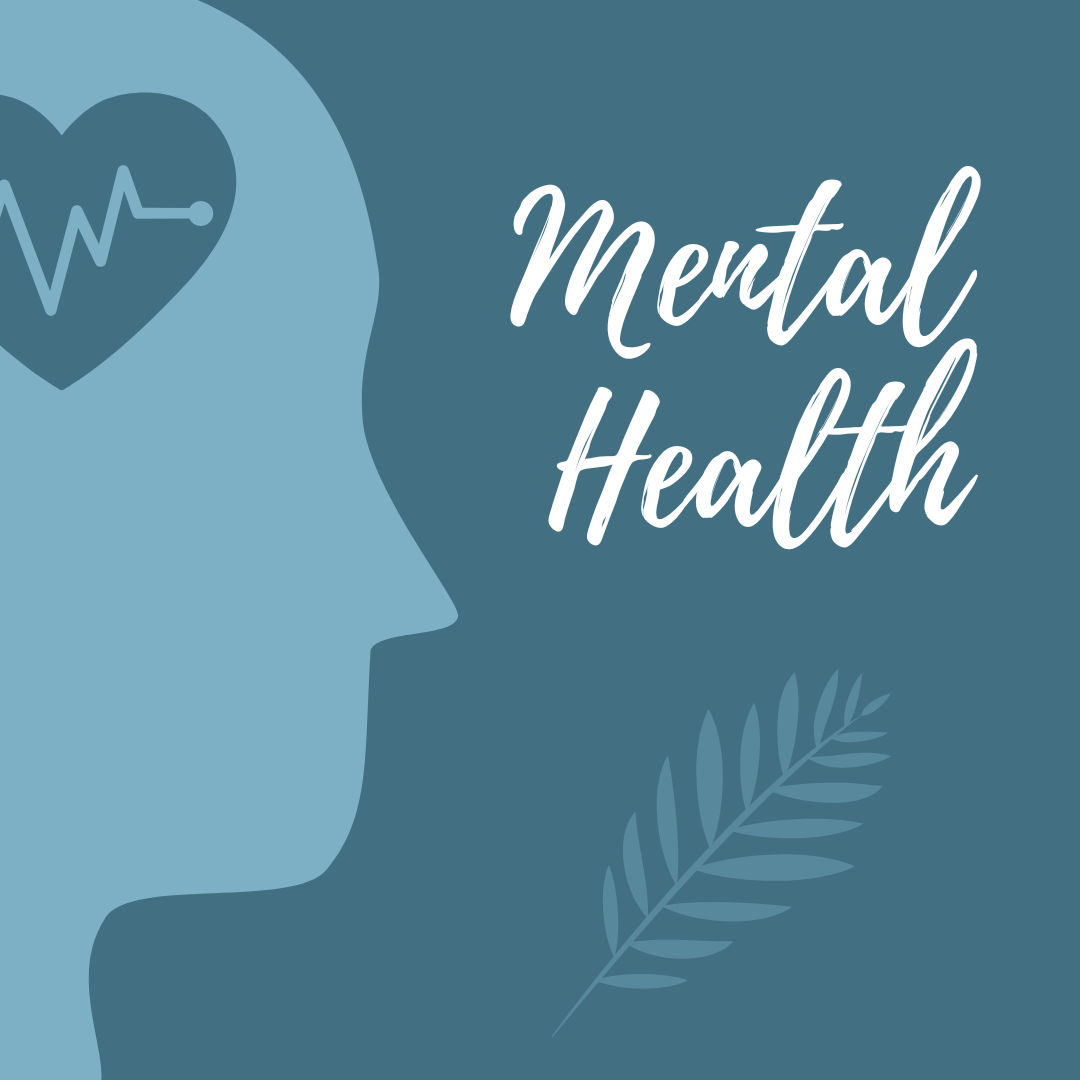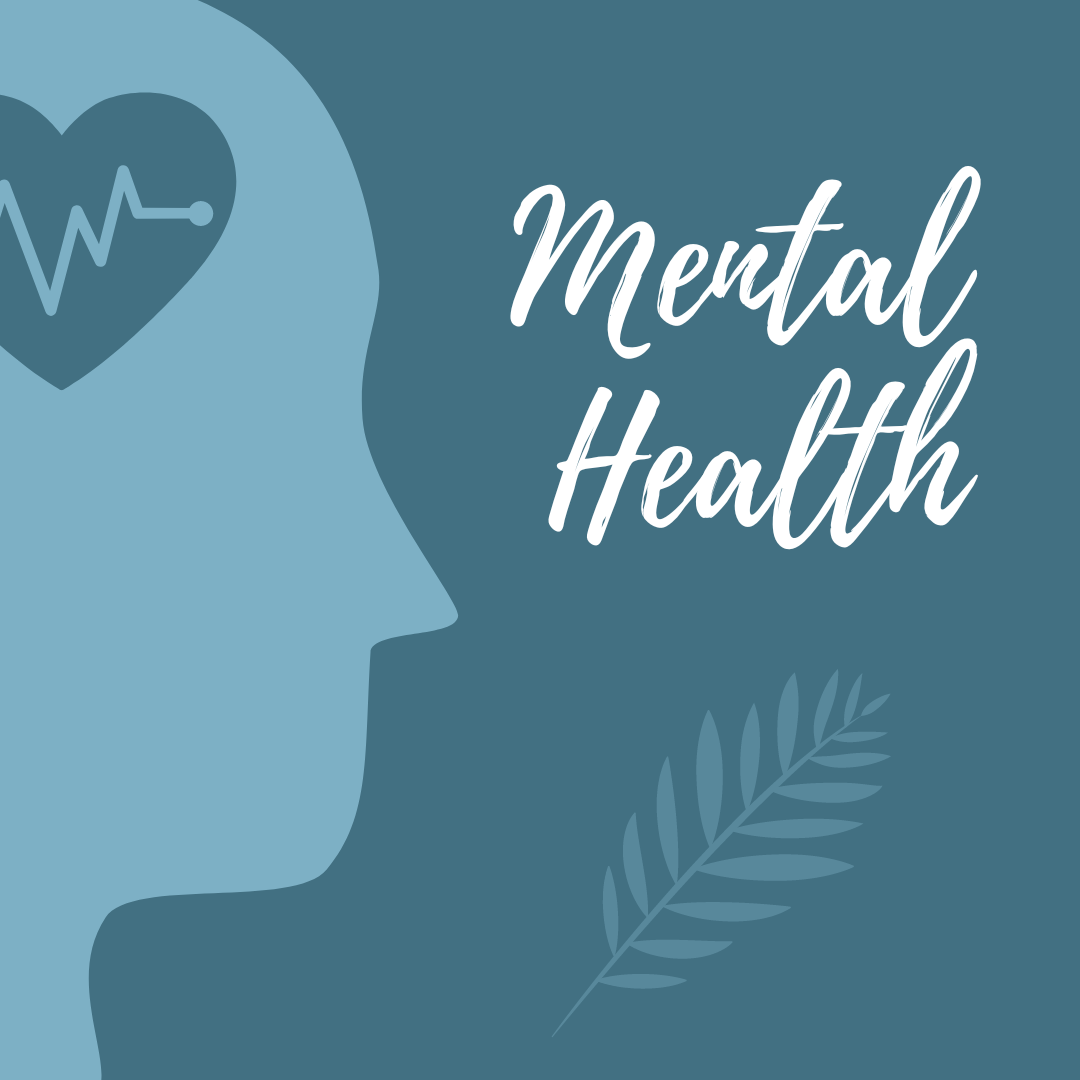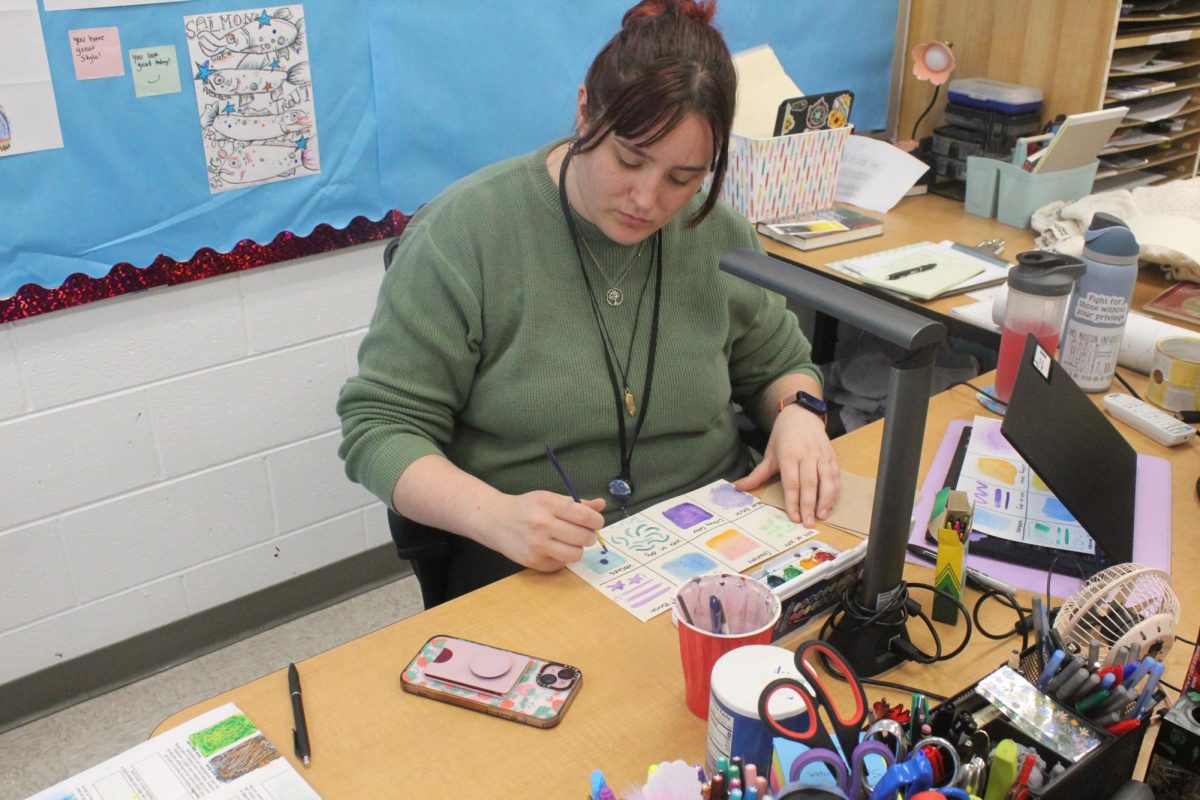Screen usage has become commonplace in today’s society. From a morning alarm to a final goodnight text, avoiding cell phones or other devices is difficult. While some believe digital detoxes will motivate individuals to return to their screens more, the reality that living without screens is possible counteracts this. I believe adolescents need to participate in more frequent digital detoxes. These will allow time for personal activities and sharpened comprehension.
According to the National Library of Medicine, a digital detox is a period during which a person avoids using technology. These detoxes help combat the growing rate of technology use. An article from the National Library of Medicine focused on the benefits participants felt after a digital detox. In particular, the individuals’ sense of wellness had risen by 4.9 afterwards.
“When I am not using my phone, I feel more energized mentally,” sophomore Delilah Huber said.
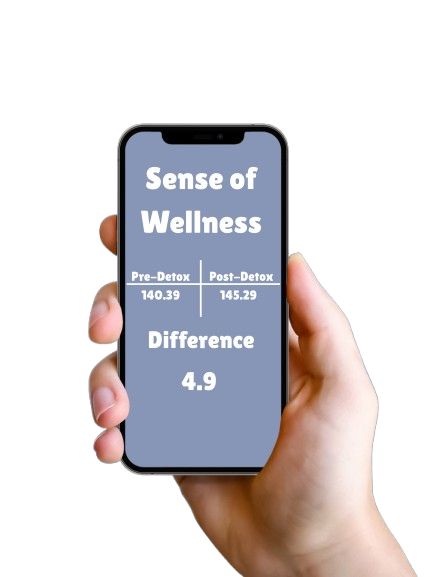
Technological advances, especially in cellphones, offer convenient resources for communication, productivity, and decompressing during free time. Teenagers, especially on weekends, can choose how to spend their breaks from school and other activities. According to a study led by the Centers for Disease Control and Prevention (CDC), adolescents spend four or more hours daily on screens.
“I spend about five hours a day on my phone,” sophomore Laney Henshaw said. “I use it a lot more than I should.”
Without realizing it, adolescents can spend an entire day using electronic devices, whether it’s scrolling through social media, binge-watching a TV show, or playing a video game. These activities, if happening regularly, have been shown to cause a 16.4 percent raise in depression and a 13.5 percent rise in infrequent physical activity. Participating in a digital detox allows teenagers to replace time spent on technology with extracurricular activities such as sports and clubs. These activities develop time management, teamwork, and leadership skills, which contribute to brain evolution.
“Digital detoxes help me stay off social media and focus on football,” senior Savion Hiter said. “I only use my phone to listen to music while at practice.”

Since apps like TikTok are built on short-form content, adolescents’ brains become accustomed to quickly swiping through videos that are typically 10-15 seconds long. According to Philadelphia Integrative Psychiatry, these clips provide short-term dopamine boosts to the brain, but affect attention spans and cognition. Teenagers struggle to focus on activities seen as “boring,” such as reading a book, since there is no constant stimulation. Digital detoxes give the brain time to slow down from the rapid content it’s used to consuming.
“I put my phone on ‘do not disturb’ when I am doing schoolwork,” Huber said. “It helps me to focus on my assignments.”
With the dependency on texting, calling, and FaceTiming, the need to see others face-to-face is not as necessary. However, the issues occur when people are placed in real-world discussions where social skills are required. People will find it harder to communicate in person, since those skills are not constantly evolving.
“It feels more awkward to hold a conversation in person than it does through phone calls,” freshman Riley Mosher said.
According to a survey led by the Pew Research Center, 45% of teenagers believe they use social media excessively. Therefore, attempting to commit to a digital detox with this addictive mindset would show no improvement. Individuals with this mentality believe that the break from technology would cause a fear of missing out on information and disconnect from the rest of the world. Besides, once the digital detox is over, they will resort to their phones almost immediately, as it will still feel natural, and pick up where they left off.

“My two younger brothers in Pennsylvania post pictures of their family online,” assistant principal David Blanchard stated. “If I did not have social media, I would not be able to know what they were doing.”
The main purpose of a digital detox is to break the habit of checking social media out of boredom. If the urge to check remains strong, extending the detox demonstrates one’s ability to spend time away from technology and resist these impulses for longer. I replace the time I would spend on my phone with reading. When I feel the need to check my phone, I tell myself to read five more pages. As a result, I find myself continuing to read and forgetting to check my phone.
Digital detoxes can be completed by going “cold turkey,” disconnecting from all devices at once and relying on physical media. The technique I use is to pick up a new, hands-on hobby, such as pottery or crocheting, and use technology for short periods of time. Some people go on retreats to places where the internet is unavailable, so that the ability to check their phones is also gone.

“Two summers ago, my best friend and I went to North Carolina, and there was no service for anything digital,” art teacher Dani Perry said. “Overall, it was great, there was a lot more genuine human connection between us, and appreciation for where we were.”



















